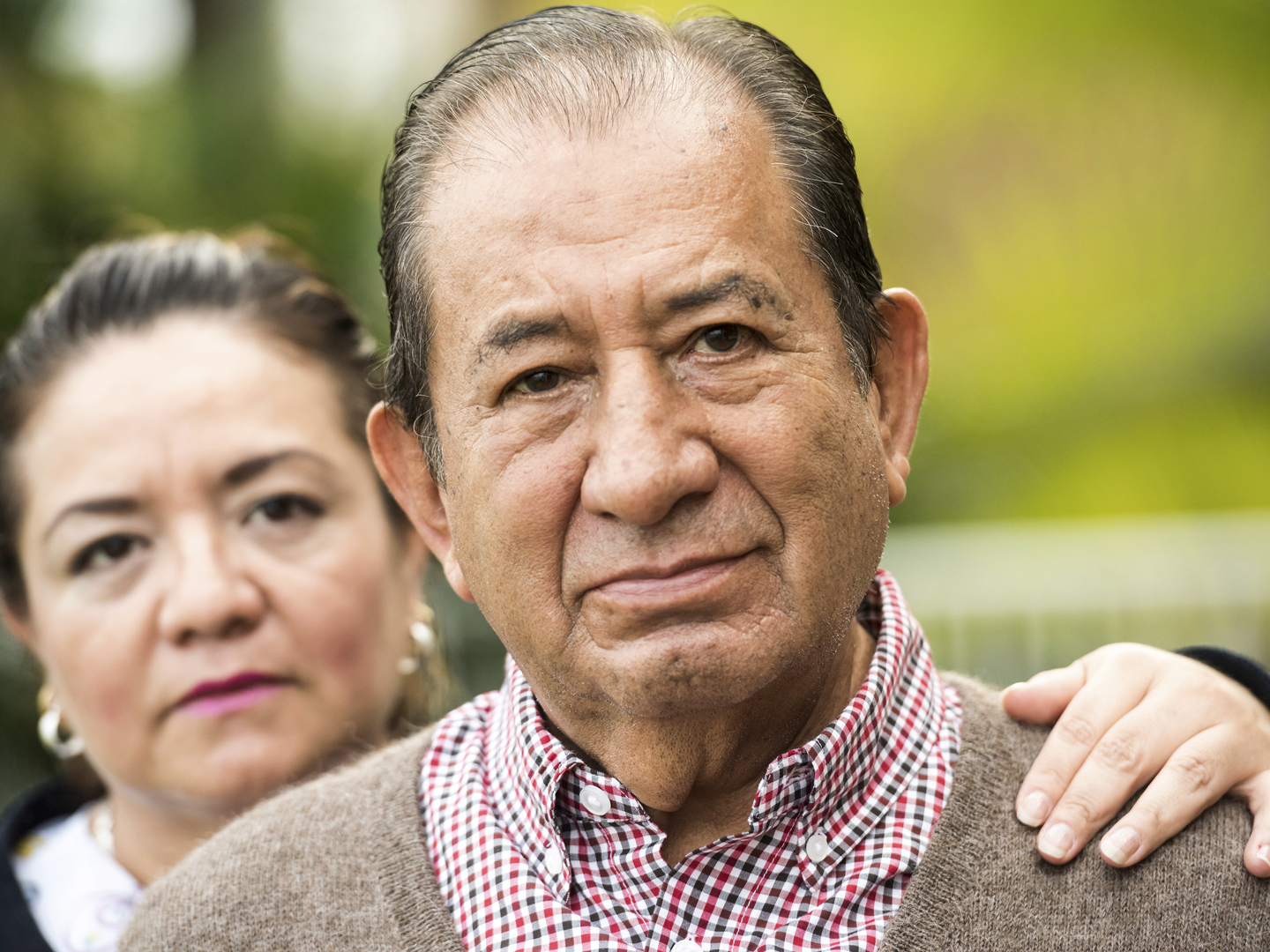Exercise To Slow Aging

You may be able to help slow your aging process, but it will take some effort. New research from Brigham Young University has found that the more active you are, the longer your telomeres remain. These regions of repeating DNA sequences at the ends of chromosomes have been likened to the caps on the ends of shoelaces that prevent the laces from unraveling. Telomeres shorten every time a cell replicates, so the older we get, the shorter our telomeres become. The new study shows that very active adults have telomeres with a biological aging advantage of nine years over adults who are sedentary and a 7.1-year advantage over those who are moderately active. Researcher Larry Tucker, a professor of exercise science, said that for women “highly active” translates to 30 minutes of jogging (for men, 40 minutes) five days a week. Dr. Tucker analyzed data on telomere length and physical activity from 5,823 adult participants in a National Health and Nutrition Examination Survey. It’s not known how physical activity affects telomeres, but Dr. Tucker said it might be linked to inflammation and oxidative stress, both of which can be suppressed over time through exercise.
Source:
Larry A. Tucker. “Physical activity and telomere length in U.S. men and women: An NHANES investigation.” Preventive Medicine, May 10, 2017; 100: 145 DOI: 10.1016/j.ypmed.2017.04.027
Also in this week’s bulletin:
If you are tired of too many prescriptions – and have had enough of taking medications for ailments that may not require them – then my new book may be for you: Mind Over Meds looks at the problem of overmedication, the science that shows drugs aren’t always the best option, as well as helpful, reliable integrative medicine approaches.











